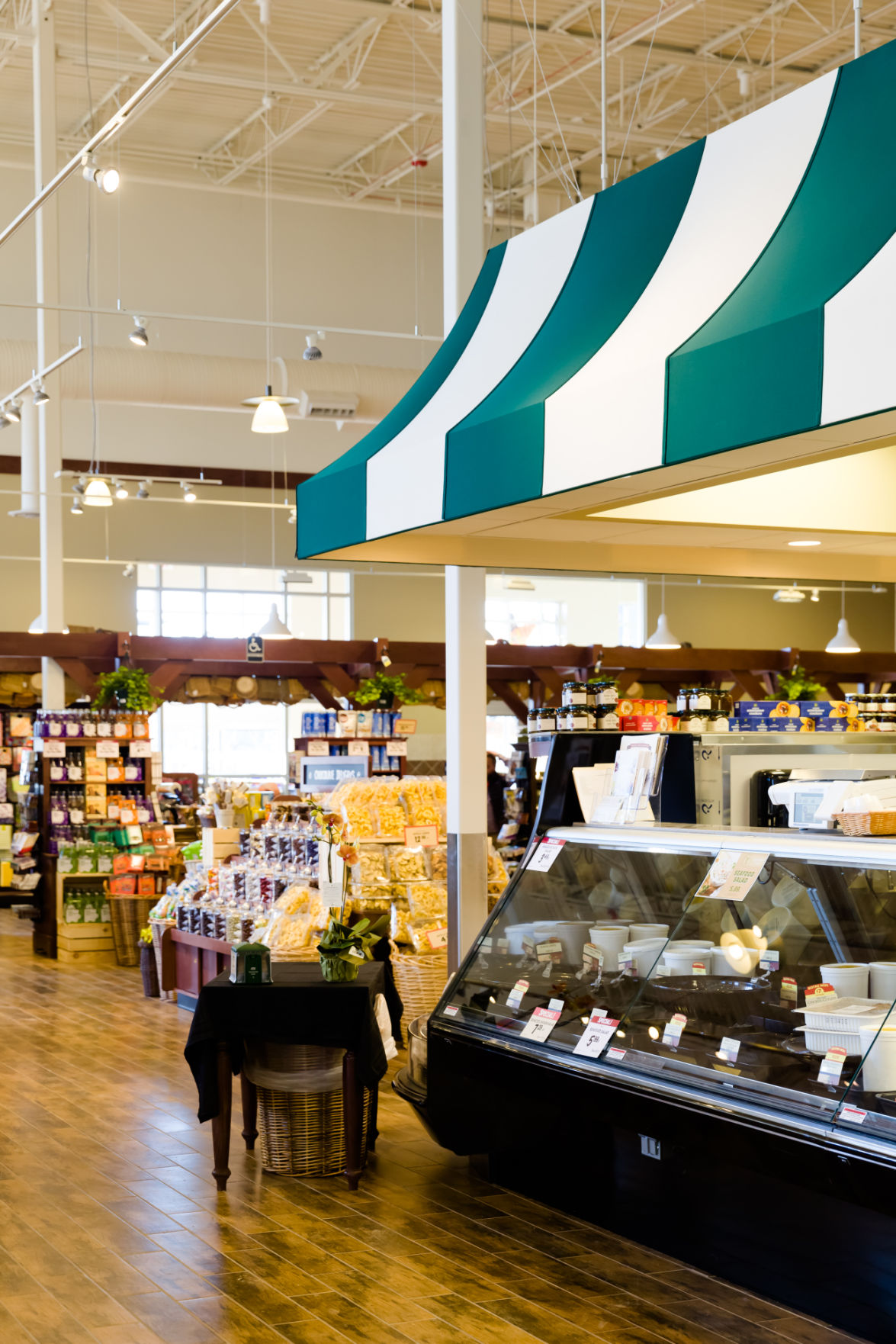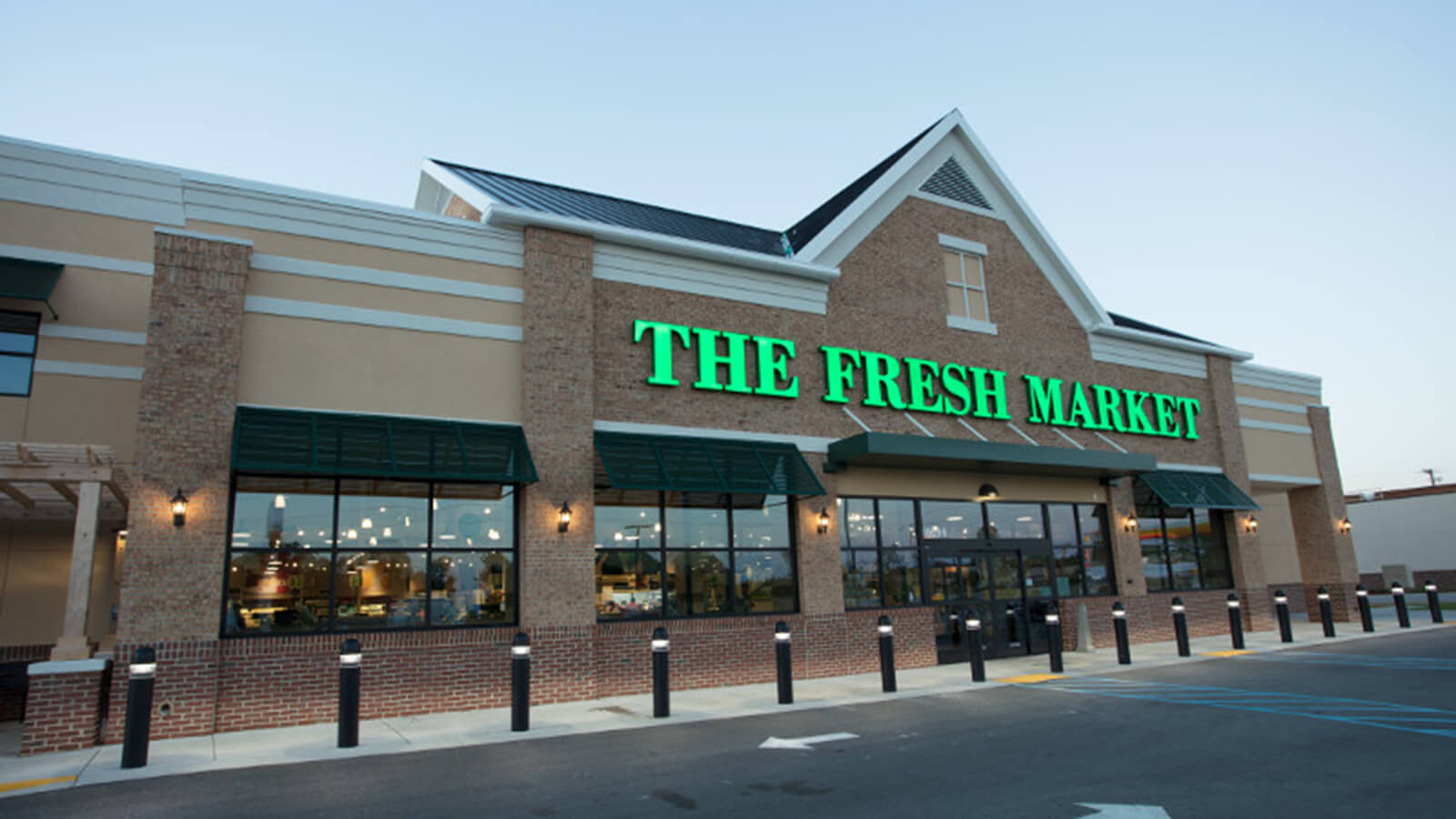



The data and prices on the website are not necessarily provided by any market or exchange, but may be provided by market makers, and so prices may not be accurate and may differ from the actual price at any given market, meaning prices are indicative and not appropriate for trading purposes.
#The fresh market professional
Trading on margin increases the financial risks.īefore deciding to trade in financial instrument or cryptocurrencies you should be fully informed of the risks and costs associated with trading the financial markets, carefully consider your investment objectives, level of experience, and risk appetite, and seek professional advice where needed.įusion Media would like to remind you that the data contained in this website is not necessarily real-time nor accurate. Prices of cryptocurrencies are extremely volatile and may be affected by external factors such as financial, regulatory or political events.
#The fresh market full
Read the full story on the College of Agriculture and Life Sciences website.Risk Disclosure: Trading in financial instruments and/or cryptocurrencies involves high risks including the risk of losing some, or all, of your investment amount, and may not be suitable for all investors. “This creates an excellent feedback loop that allows industry needs to inform research objectives, discoveries to be translated into practice, impacts measured to determine efficacy – feeding back into to our research programs for expansion or modification.” “We sit at the intersection of cutting-edge science, boots-on-the-ground field research and industry collaboration,” says Anna Katherine Mansfield, associate professor of enology and Cornell AgriTech’s associate director. Discoveries by Cornell AgriTech scientists have also expanded markets and business opportunities – from using ultraviolet light to pasteurize fresh juices, to helping create a $100 million Eastern broccoli industry, to breeding cabbage that allowed New York’s sauerkraut processors to reduce environmental waste while maximizing profits. Both varieties have become backbones of the New York grape and wine industry, which is valued today at $6.65 billion Traminette is also the state wine grape of Indiana. The Geneva campus also has released 59 juice, table and wine grape varieties, including Cayuga White, the program’s first wine grape bred for New York, and Traminette, a Gewürztraminer hybrid. Most modern apple orchards use trees grafted onto improved rootstocks developed in Geneva, as well as the more efficient and profitable Tall Spindle growing system designed by Cornell AgriTech researchers. Its apple breeding program, the oldest in the U.S., supports New York’s $400 million apple industry and has released 69 varieties, including well-known favorites Empire, Cortland and Jonagold, as well as the newer SnapDragon and RubyFrost. Today, Cornell AgriTech encompasses a 900-acre research farm, 500,000 square feet of laboratory space and has 32 faculty members, 30 graduate students, 22 postdoctoral associates and more than 300 employees.Ĭornell AgriTech has developed and released more than 280 varieties of fruits and vegetables for both the fresh-market and processing industries. At the time, the station had only 130 acres of land, seven scientists, one building, a barn and some horses.

When the New York State Agricultural Experiment Station – now known as Cornell AgriTech – opened its doors in Geneva, New York in 1882, it was the state’s first independent, state-funded agricultural experiment station and one of the first of its kind in the U.S.


 0 kommentar(er)
0 kommentar(er)
